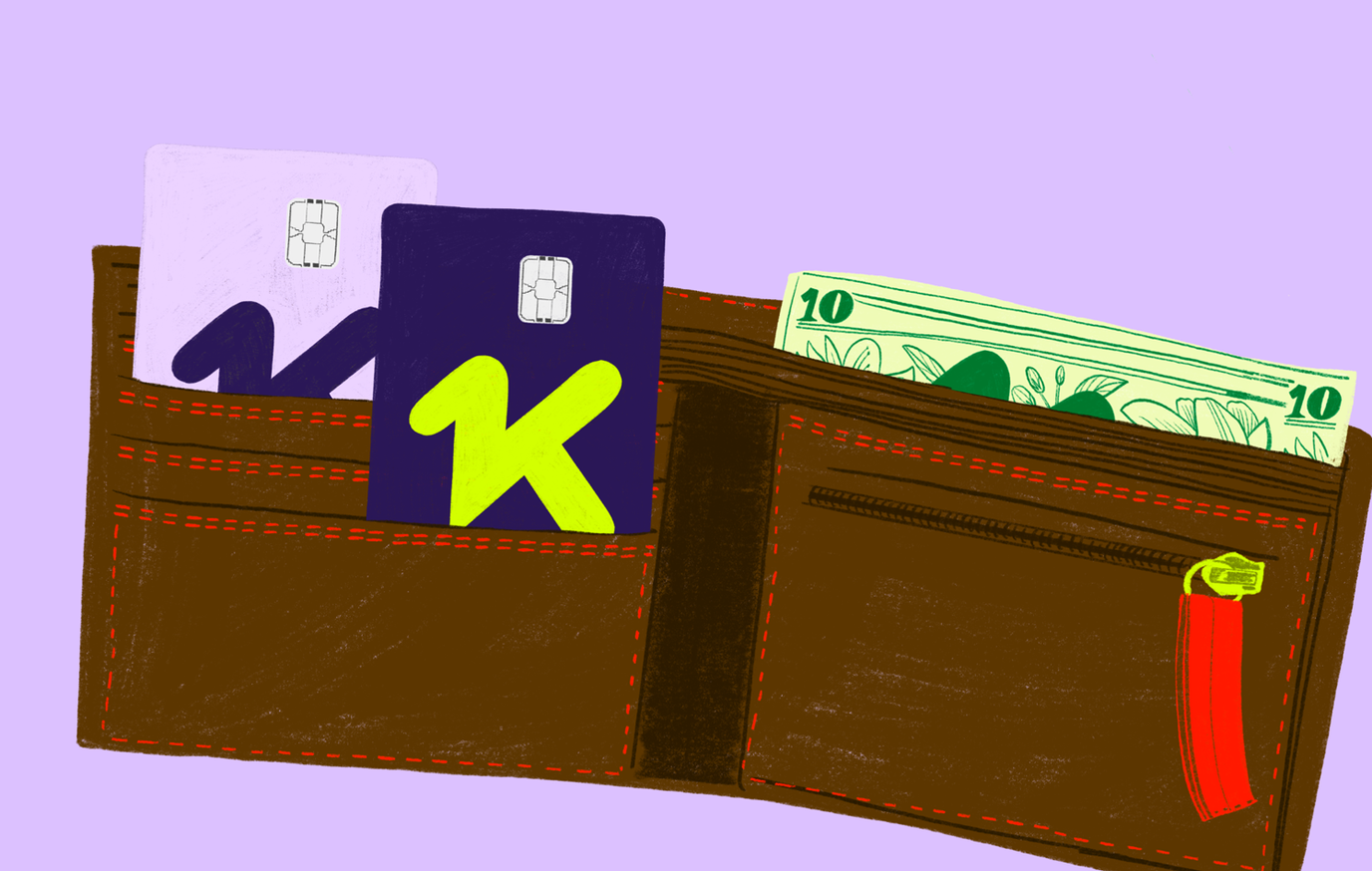Credit is simply money you borrow now and pay back later.
Whether you're using a credit card for everyday purchases or taking out a loan for a car, understanding how credit works is essential for your financial health. Having good credit opens doors to better loan terms, rental approvals, and sometimes even job opportunities.
What is credit?
Credit has two main meanings in the financial world. First, it's your ability to borrow money or access goods and services with the promise to pay later.
Second, it refers to your history of borrowing and repaying.
When you use credit, you're entering an agreement with a lender who provides funds now in exchange for repayment plus interest. Your credit history gets recorded in reports maintained by three major bureaus: Experian, Equifax, and TransUnion.
Credit reports and scores explained
Your credit report is like your financial report card. It contains information about your borrowing habits, payment history, and current debts.
From this information, companies calculate your credit score—a three-digit number that helps lenders decide whether to approve your applications.
The two main scoring models are FICO (used by 90% of top lenders) and VantageScore.
FICO scores range from 300 to 850, with higher numbers representing better credit.
Your score is calculated based on:
Payment history (35%)—whether you pay on time
Amounts owed (30%)—how much debt you carry
Length of credit history (15%)—how long you've used credit
New credit (10%)—recent applications and accounts
Credit mix (10%)—variety of credit types you use
Types of credit
Most credit falls into two categories:
Installment Credit: You borrow a set amount and repay it in fixed payments. Examples include car loans, mortgages, student loans, and personal loans. These typically have fixed interest rates and set repayment schedules.
Revolving Credit: This allows ongoing borrowing up to a limit. You can borrow, repay, and borrow again as needed. Credit cards, home equity lines of credit, and personal lines of credit are common examples. These usually have variable interest rates.
Why credit matters
Good credit affects many aspects of your life:
Getting approved for loans and credit cards
Securing better interest rates
Renting a home without extra deposits
Paying lower insurance premiums
Setting up utilities without deposits
Passing certain employment background checks
Building better credit
Building credit takes time but pays off in the long run. Here's how to start:
Check your credit report regularly to spot errors or fraud
Start with a secured credit card or become an authorized user if you're new to credit
Always make payments on time—set up automatic payments if possible
Keep credit card balances low (aim for under 30% of your limit)
Avoid applying for too many credit accounts in a short period
Final thoughts
Credit isn't just about borrowing money—it's a tool that can help you achieve important life goals when used responsibly.
Whether you're just starting out or looking to improve your existing credit, small, consistent steps today can lead to significant financial advantages tomorrow.

About the author
Quan works as a Junior SEO Specialist, helping websites grow through organic search. He loves the world of finance and investing. When he’s not working, he stays active at the gym, trains Muay Thai, plays soccer, and goes swimming.
Read more about this author